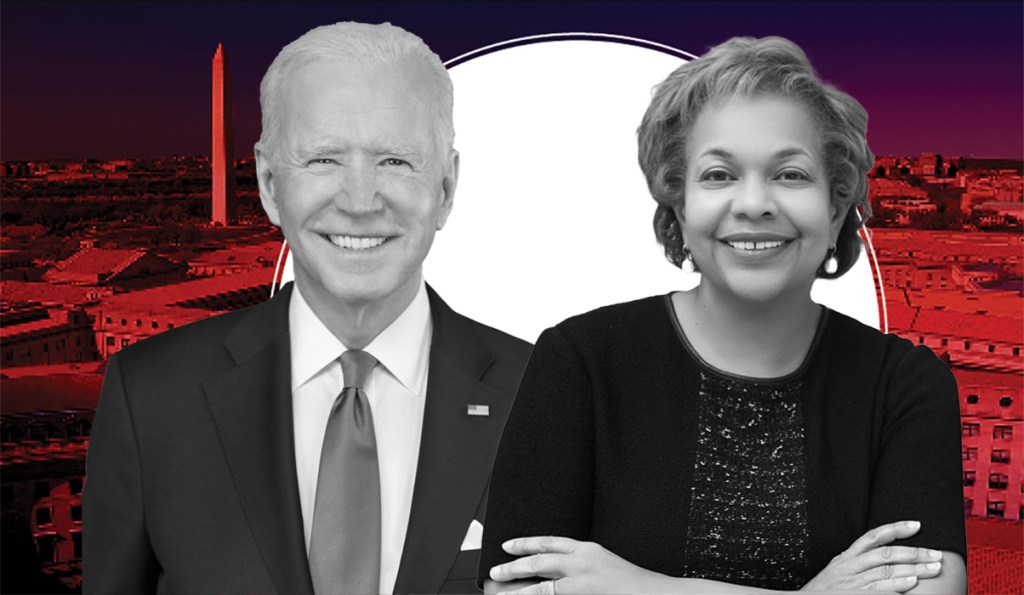
Less than a week before President Donald Trump was scheduled to leave office, Treasury Secretary Steve Mnuchin and Federal Housing Finance Agency Director Mark Calabria announced several controversial changes that infuriated the housing finance industry.
Mnuchin and Calabria amended the preferred stock purchase agreements that ultimately define Fannie Mae and Freddie Mac‘s mission. Though Mnuchin and Calabria allowed the government sponsored agencies to retain more capital, it came with strings. The January amendments restricted use of the cash window to a cap of $1.5 billion, introduced caps on the volume of mortgages Fannie and Freddie could purchase on investment properties and second homes to 7%, and, perhaps most controversially, capped the amount of “high-risk” loans that Fannie and Freddie could purchase to 6% of purchase mortgages and 3% for refinances.
The Mortgage Bankers Association wrote in a letter in March that several of the revised PSPA amendments could cause “unnecessary disruptions in the housing finance system,” and pleaded for more time in implementing some of the measures.
The Community Home Lenders Association appealed to the Biden administration’s interest in racial equity. The trade organization said in a letter that the restrictions “will have a disproportionate impact on minorities, low- and moderate-income, and other underserved borrowers – thus undermining the Administration’s focus on racial equity.”
The post Deconstructing Trump-era restrictions on Fannie & Freddie appeared first on HousingWire.

